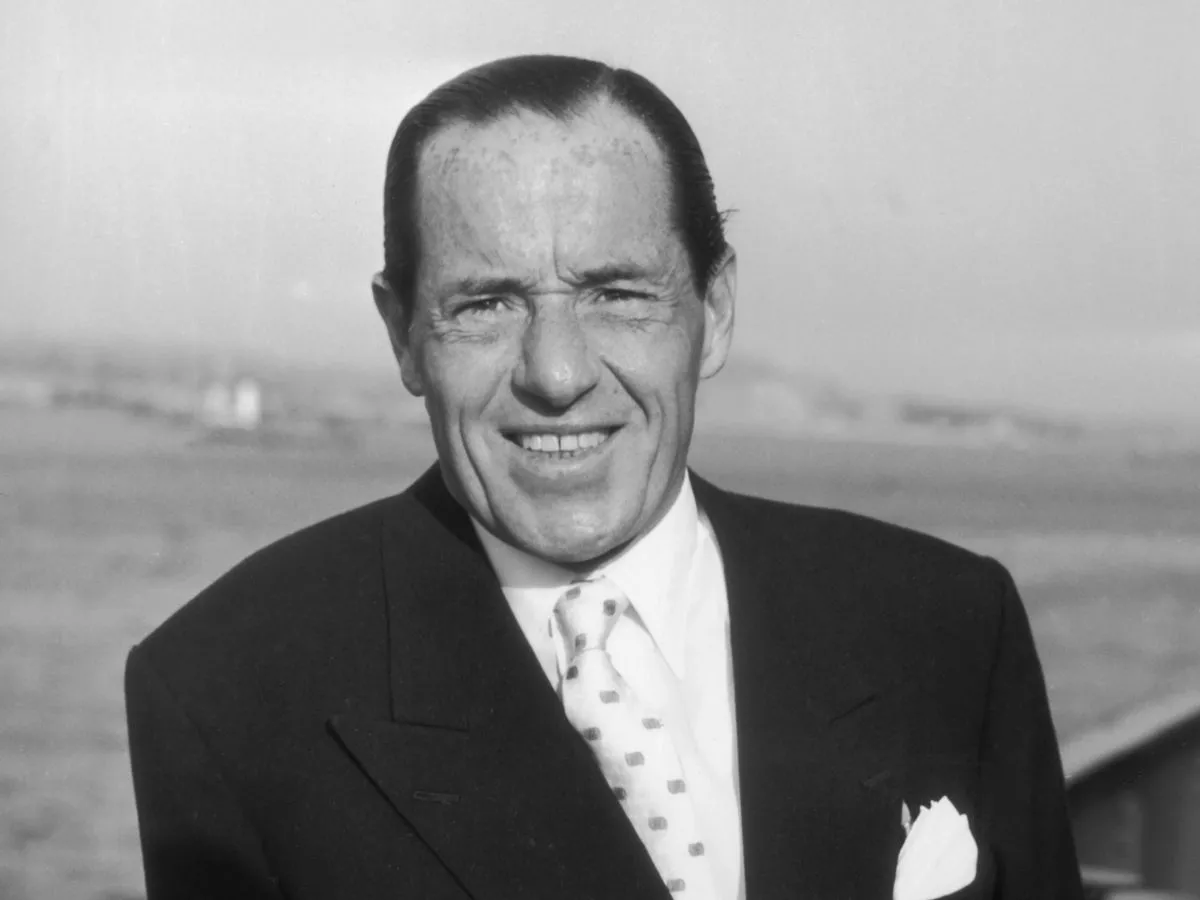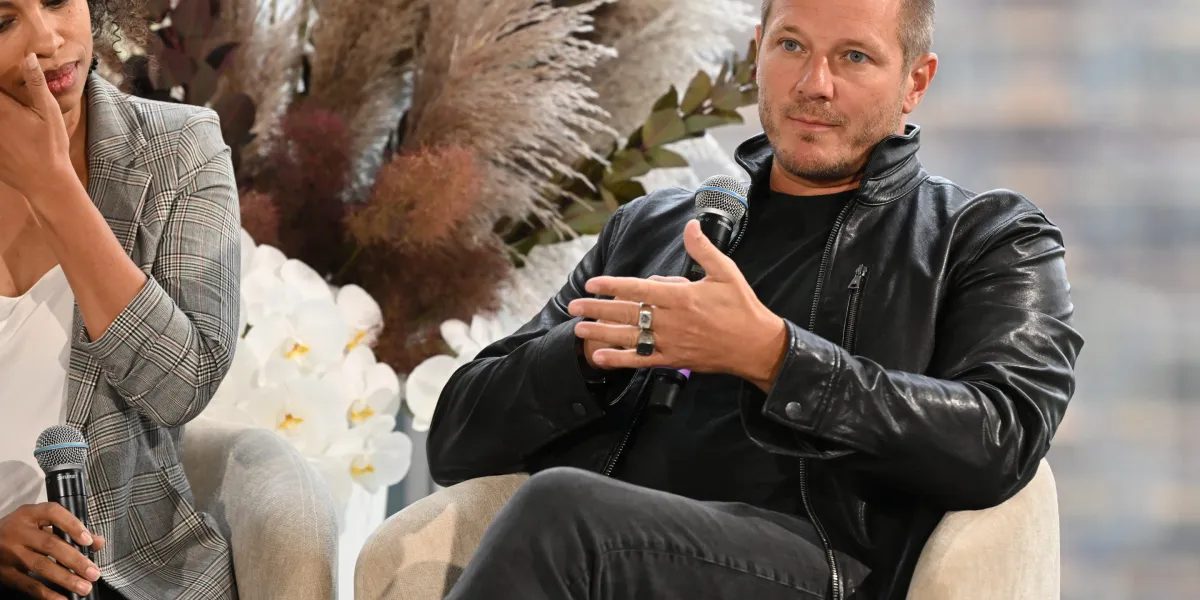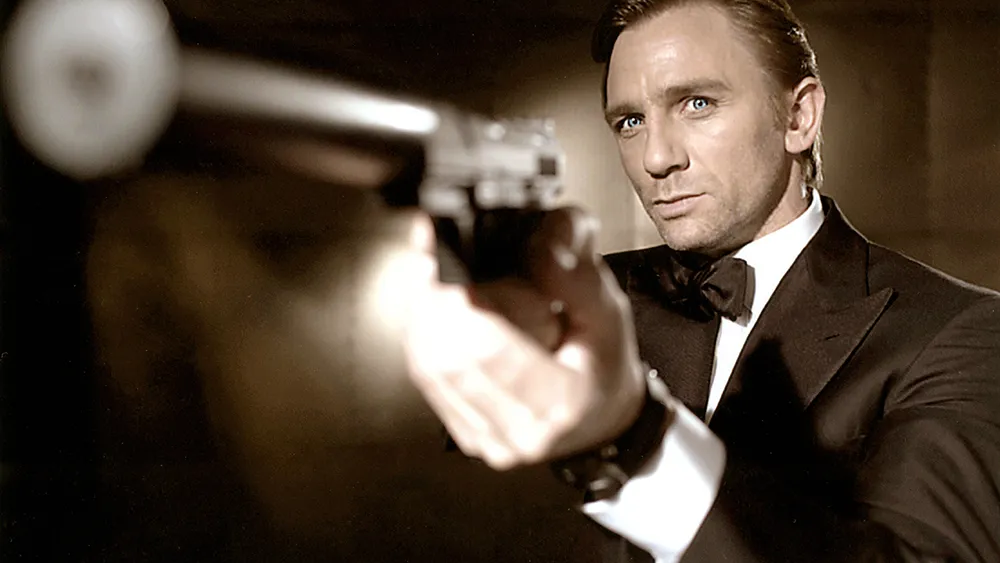Copyright mirror

In death as in life, Billy Hill flies under the radar, and while his name isn't as well known as Al Capone or Ronnie and Reggie Kray , Billy was a notorious London underworld figure from the 1920s to the 1960s. Fronting a gang known as the Heavy Mob he even mentored the younger Krays, who were said to be scared of him. Billy’s story features in a new four-part Sky HISTORY series, Original Gangsters, narrated by Sean Bean . It takes a deep dive into some of the biggest crime names on both sides of the Atlantic, including Al Capone and the Birmingham the TV series Peaky Blinders. “Billy Hill was highly dangerous, a functioning psychopath and a skilled manipulator. But also extremely charming and very clever,” explains psychologist Serena Simmons. “Billy operated in an underground manner. He kept himself under the radar. And he always wanted to control the narrative - he understood the less we know about something the more intrigued we are. “We’re fascinated by gangsters,”says Serena, a senior lecturer at Nottingham Trent University. “As human beings we want to understand why people do what they do. We’re hardwired to enjoy stories - and the stories around gangsters are fascinating. Truth can be stranger than fiction.” Born in 1911 in the slums of London, Billy’s father was a thief and his sister a shoplifter - while he soon became a skilled burglar. In other circumstances, Serena feels he could have become a successful legitimate businessman. “He was able to get others to do his bidding, he was a skilled manipulator, felt no remorse - those traits all lend themselves to leadership,” she says. But, aged 16, he went to Borstal for three years for burglary. After attempting an escape, he and another inmate assaulted a housemaid and were both given 12 strokes of the birch. Billy later said: “The birch tears you to pieces, but once you’ve had it you feel you’ve really overcome something. And from then on, I knew that nothing on God’s earth could stop me.” After establishing a criminal network inside Borstal, he made connections on his release. By the 1930s he and his gang were specialising in smash and grab raids. But during World War Two, with shortages biting hard, Billy established a lucrative black market business specialising in food and petrol. Now making big money, he joined forces with another underworld name, Jack Comer, known as Jack Spot. After years spent in and out of jail, Billy was determined to distance himself from front line risk, while stepping his criminality up a gear. In 1952 one of the biggest heists in British history, the Eastcastle Street robbery, took place. A gang held up a Post Office van, snatching £236,000 - around £7.3 million today. Two years later there was a further raid of gold bullion worth £40,000 from a van. Nobody was ever convicted. But Billy and his associates were suspected. In his memoir, Boss of Britain's Underworld, Billy described his calculated use of violence, saying: “I was always careful to draw my knife down on the face, never across or upwards. Always down. So that if the knife slips you don't cut an artery. After all, cutting an artery is usually murder. Only mugs do murder.” He was equally careful about his appearance, according to sociology professor Dick Hobbs, who says in the documentary: “He was carefully photographed wearing a trench coat and a trilby hat. He was everybody's idea of what a gangster should look like.” That donning of a ‘costume’ is, says Serena, a common thread with gangsters. “Clothes were all part of the presentation of the theatre. Billy created the character he wanted to be for his story,” she says. But Billy’s partnership with Jack Spot ended in 1956, following a falling out, when he got his bodyguard “Mad” Frankie Fraser to attack Spot and his wife Rita outside their home using a traditional Irish implement known as a shillelagh, which he had given to Billy. The attack was later depicted in the movie Once Upon a Time in London. "It's about domination, it’s about control. It's about taking over,” says former gangster-turned author Stephen Gillen. “Anyone who stands in your way is surplus to requirements.” Jack was out and the Krays, under the tutelage of crime boss Billy - were in the ascendency. They even wore similar sharp suits, pocket squares and slicked back hair. “Billy Hill’s initial response was ‘can I use these guys?’,” says Dick Hobbs, who specialises in the sociology of London, organised and professional crime. “He tested them out by phoning them late one night and saying ‘I need you to come now.’” They gathered guns and raced round - only to find no trouble. They’d proved their allegiance and Billy rewarded them with £500.” By the early 1960s the Krays had started running nightclubs and protection rackets - earning a fearsome reputation. Meanwhile, Billy was at the peak of his criminal powers and notoriety. A seasoned traveller, he’d picked up a card scam idea from Corsican underworld figures. And, thanks to his affable gent appearance, mixed freely with aristocrats in casinos and gambling clubs, particularly The Claremont in London - the scene of The Big Edge in 1964, the biggest card scam seen in the country. By bending cards across the middle using a small mangle, people trained to spot the wrinkle could tell what kind of card it was and how to play it. Billy and his gang are said to have made millions from it. While Billy was cleverly and discreetly earning a fortune, The Krays’ violence was escalating. David Robinson, chair of the Repton Boxing Club, where the twins were members, said: “There was a fella who would sell stolen goods. That interfered with Ronnie and Reggie's business. They shot him three times; they didn't kill him. They dragged him down the road, threw him into a boiler on this big shovel. They burnt him alive.” When, in 1966, Ronnie Kray shot dead an associate, George Cornell, in the Blind Beggar pub, the twins fled to Billy, who was living in Morocco and orchestrating a smuggling operation involving cigarettes. Soon the twins returned to London, murdering Jack ‘The Hat’ McVitie - leading to them being jailed for life in 1969. Meanwhile Billy was quietly enjoying his ill-gotten gains, at homes in Tangier - where he had bought a nightclub - and Marbella. He also became a dad in his early 60s to a son, Justin. “Successful criminals, nobody knows who they are. Only afterwards it comes out about how big the money was they earned,” reflects Bobby McKew, who is now 100 and who knew Billy well. Following a battle with ill health and by then retired from crime, Billy died by his own hand at the age of 72, in 1984. There are virtually no public details about his funeral. His death certificate recorded his occupation as being ‘in demolition’. His son Justin tells the documentary: “He was a good man. It was inevitable he was gonna do what he was gonna do. Put that aside, he was a gentleman. Old school.” Serena adds: “Billy was a man who had dark triad traits - a term that describes the coming together of Machiavellianism, narcissism and psychopathy. That means we see someone who lies, who’s cunning and manipulative but charming and who always wants to control the story.” Original Gangsters is a four episode series, featuring feared criminal figures from the UK and the US. They include: Billy Kimber was the feared crime boss, whose gang the hit TV show Peaky Blinders was based on. “We romanticise gangsters because their stories are so compelling. But we have to remember they did awful things,” says psychologist Serena Simmons. Alcatraz’s most famous inmate and the original Scarface, Al Capone is the archetypal gangster. Serena says: “His background was survival of the fittest - in many ways the bad path found him because it was so accessible.” Arriving in New York in 1911 from the French Caribbean, St Clair ruled Harlem’s numbers rackets with an iron fist. But in 1938, after an attempted murder charge for shooting her husband, she faded from prominence and died in obscurity in 1969. Serena says: “She did do horrible things, but she was in massive survival mode. She constructed her own path and was operating in a man’s world . I secretly admire her.” Original Gangsters starts on Tuesday November 4 at 9pm on Sky HISTORY.



